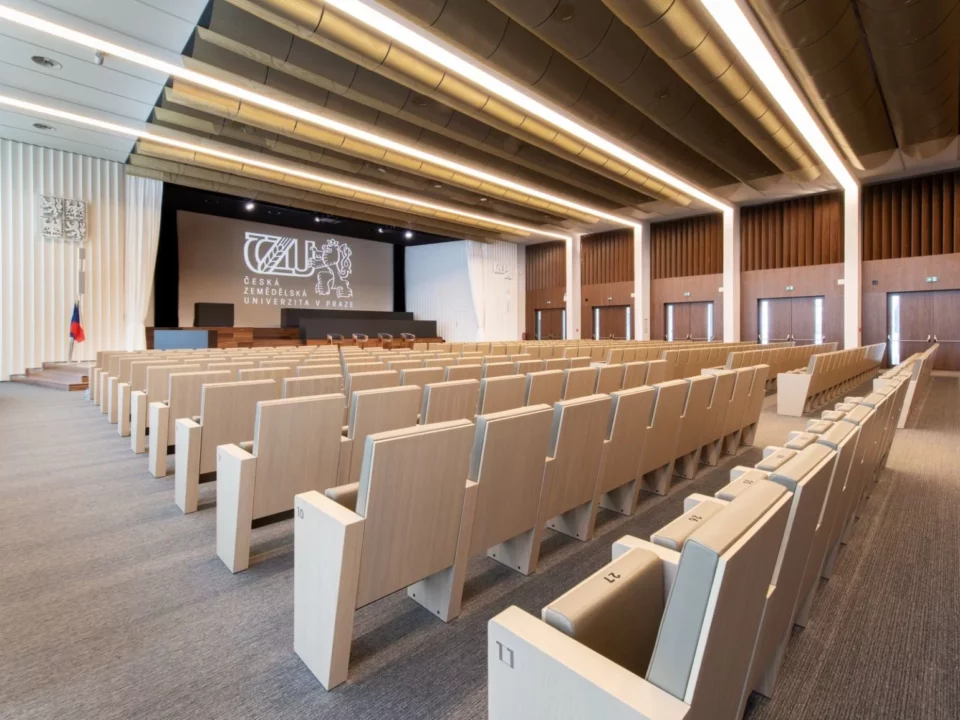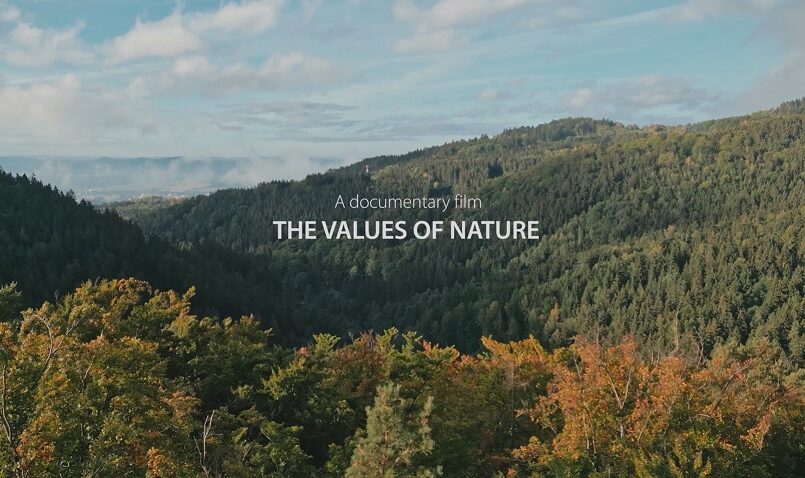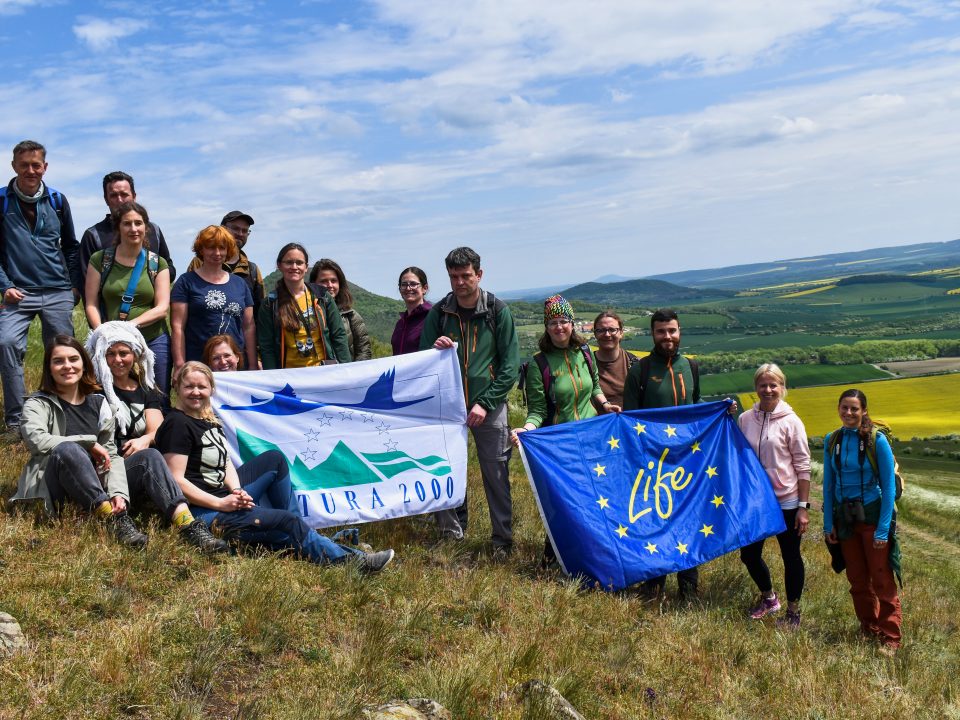We have determined the nature conservation workers’ educational needs
There is never enough further education. That applies to experienced workers of the Czech nature conservation authorities, too. That is why the One Nature project is also dedicated to passing knowledge about e.g. adaptive management or the Natura 2000 network´s benefits to the highest possible number of experts working in nature conservation and we prepare high-quality educational events for them.
Using an online Google Forms questionnaire in the spring 2020, we were looking into what can be done at the probable training or seminars. The answers were collected and evaluated by the Nature Conservation Agency of the Czech Republic (NCA). It received a total of 107 responses from representatives of regional authorities, national park administrations, military district offices and its own regional offices, mainly from those who are in charge of the Natura 2000 protected areas management and meet and negotiate with landowners and land users in Natura 2000 sites at the same time.
There is an interest in further education among state nature conservationists!
We have found out that almost half of the respondents/employees of nature conservation authorities (outside of the NCA) attend only one or two educational events a year (a conference or a seminar). More than a third of them said they took part in three or four such events. More than a half consider this frequency of specialised training insufficient.
We also tried to find out what would make training more attractive and accessible to these nature conservation workers, what they would like to know more about and which form the education should have. According to the respondents, interest in a training or a seminar is increased by selection of attractive topics, focus on current issues and solutions to specific cases, as well as by a good lecturer and her/his approach to presenting information. Last but not least, better awareness of the event itself and announcement of the date sufficiently ahead of time are decisive.
For example, knowledge of the management impacts attracts attention
The employees of all the mentioned nature conservation authorities vehemently preferred training about the management impact on the target features, i.e. what is the real impact of nature conservation in specific protected areas and on specific protected species. They were also interested in other topics, such as natural forest restoration or ecological restoration of grasslands, ecosystem services and their evaluation or basic information about the Natura 2000 network. Information and experience sharing concerning the management of ponds or agricultural land was of much more interest to representatives of institutions outside the NCA’s regional offices. This is probably related to the fact that not all protected landscape areas have these types of farming on their territories.
Other possible topics of interest to nature conservation authorities’ workers (outside of the NCA) include nature conservation law and the application of the relevant acts, conservation of streams and rivers of the Site of Community importance (SCI), post-excavation land reclamation or specific measures taken in nature. Respondents from the NCA often mentioned that it is necessary to “be able to explain what is being done and why”, to be able to present to the public and clearly explain the reasons and impacts of practical nature conservation. The workers want to learn how to argue convincingly, act assertively, manage crisis communication or listen actively. They also want to be able to estimate and then correctly act with the other party according to who they are, whether they are representatives of a larger state institution or company or smaller actors, whether state or private.
What form of a seminar is attractive?
As for the format of educational events, most workers prefer a full-day seminar or field training. One third would not be against a multi-day training, which gives a bigger chance e.g. for a field trip and an informal meeting of participants. The planned e-learning does not arouse too much enthusiasm among a vast majority of the respondents. Only one-eighth of them would have preferred it.
Thank you all,
who have sent their response and provided us with valuable information. We will follow it when planning and preparing educational events that will take place throughout the One Nature project. We believe that we will contribute to further education of nature conservation workers in what is useful for them and their work. We will inform you about future training or seminars in more detail on this website or on the One Nature project Twitter account.








